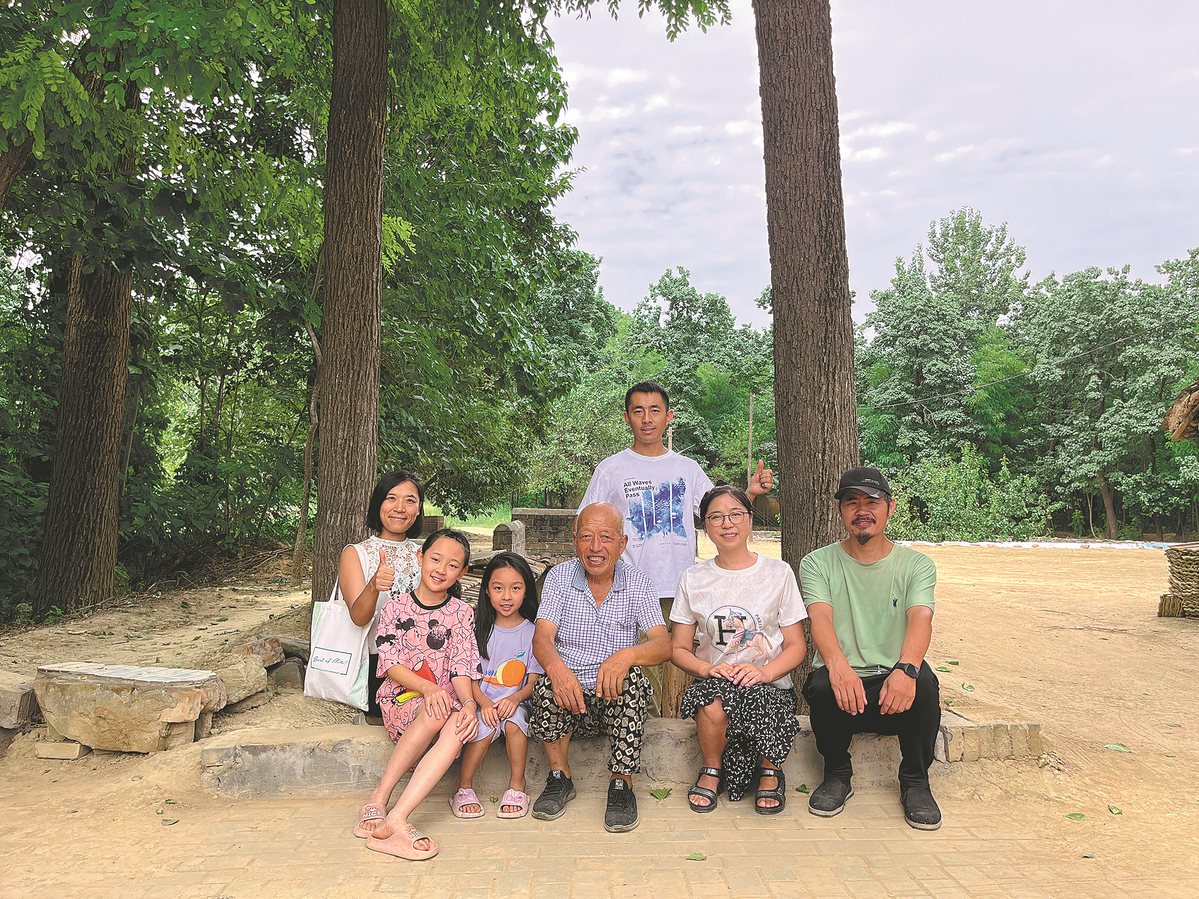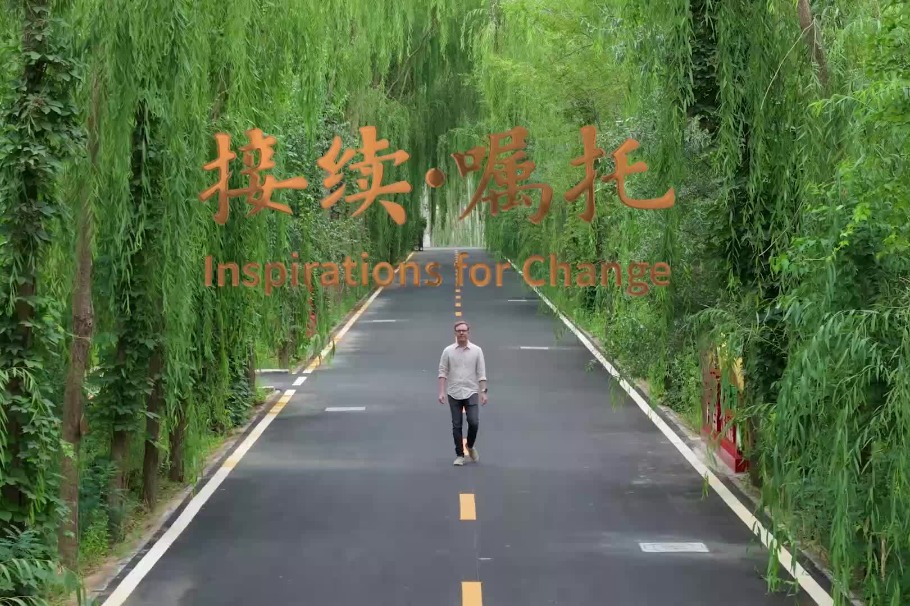NGO founder finds way to clear the air
Zhao Liang's volunteers gather evidence for oversight of polluters, engage in dialogue. Hou Liqiang reports.


Editor's note: As protection of the planet's flora, fauna and resources becomes increasingly important, China Daily is publishing a series of stories to illustrate the country's commitment to safeguarding the natural world.
When recalling the early days of Airman, an NGO he initiated in 2014 that mainly targets air pollution, Zhao Liang has many vivid memories of the struggles he faced.
With only a few volunteers to help, he often worked alone with nothing else but "a sense of smell, a pair of eyes and a smartphone". His enthusiasm, however, was always high.
The Beijing-Tianjin-Hebei region was often shrouded by heavy smog back then, and there were many concerns about where the air pollutants were coming from, the 38-year-old recalled.
Some experts believed that smokestack industries in Hebei province were to blame, as they consumed a lot of coal. Zhao decided to go to Hebei to conduct air-quality surveys himself to see if that was true.
After doing some online research he went to Wuan county in Hebei, where many steel processing factories were located. On arrival, he immediately felt the physical effects of the heavy air pollution.
When talking with residents, he was told that some factories illegally emitted pollutants under the cover of darkness. Zhao decided to collect some samples as evidence so he could make a report to local environmental authorities.
It was wheat harvest time and the temperature at night was mild, so he lay on a pile of wheat in farmland to observe a steel plant to see whether it was emitting pollutants at night. "My family grew wheat when I was a child, so I didn't find it difficult to adapt to such conditions," he said with a smile.
As darkness fell, there was an increase in emissions from the plant. After noticing some dust on his hands, Zhao decided to spend the entire night in the field. He woke up in the morning with his face covered in soot and mosquito bites all over his body.
"But I was very excited, as I had collected evidence that showed the plant was illegally emitting at night," he said.
He went to the local environmental bureau to report the violation. "Officials at the bureau were shocked. They attached great importance to the issue. A team headed by a deputy head of the bureau was then dispatched to investigate other violations," Zhao said, adding the factory was eventually fined.























